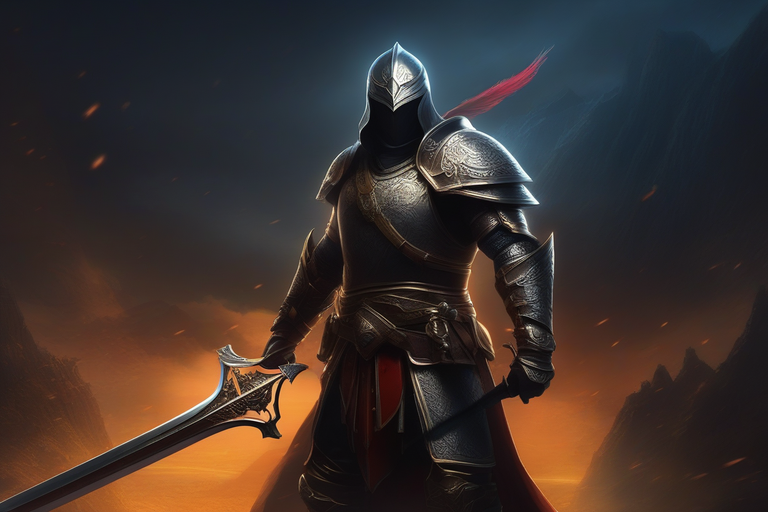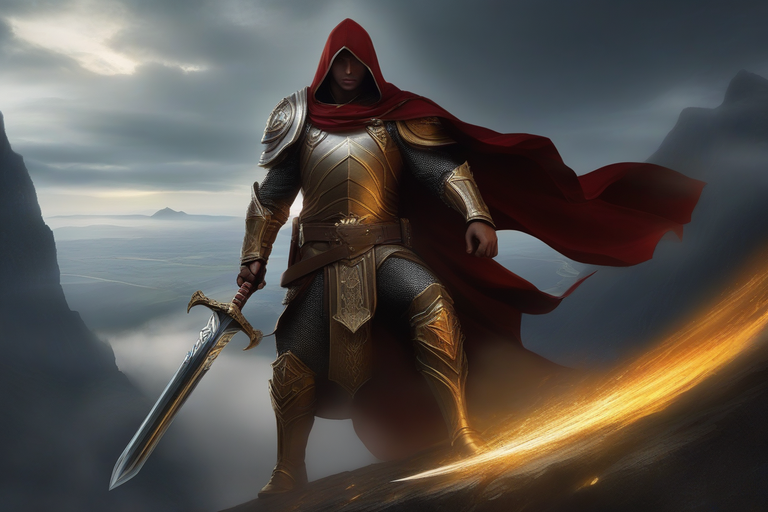Myths Unbound : Unveiling Myth's Role in Today's World

In the ever-evolving landscape of modern culture, ancient myths from diverse traditions continue to exert a profound influence. Far from being relics of the past, these timeless stories remain deeply embedded in contemporary literature, film, art, and psychology, offering insights into the human condition and enriching our cultural discourse. This article explores the ways in which ancient myths continue to resonate and shape modern culture.
Mythological themes and archetypes have long been a wellspring of inspiration for writers. Modern literature frequently revisits these ancient narratives, either reimagining them in contemporary settings or drawing upon their themes to create new, yet familiar stories. For instance, the trials of Odysseus in Homer's "Odyssey" find echoes in James Joyce's "Ulysses," where an ordinary man's journey through Dublin mirrors the epic journey of the Greek hero. Similarly, authors like Madeline Miller and Neil Gaiman breathe new life into old myths, offering fresh perspectives that resonate with today’s readers.
The silver screen, too, has been a fertile ground for the retelling of mythological stories. Movies like "Clash of the Titans" or "Percy Jackson & the Olympians" directly adapt Greek myths, while others, like "Star Wars" or "The Matrix," incorporate mythological themes of the hero's journey, sacrifice, and resurrection. These films, by blending ancient myth with modern storytelling techniques, create a rich, multilayered experience that speaks to both the past and present.
Carl Jung’s analytical psychology delves deep into the role of myths in shaping the collective unconscious. Jungian analysis interprets mythological motifs as manifestations of universal archetypes present in the human psyche. This perspective has influenced modern psychotherapy, helping individuals understand their own life experiences as part of a broader, mythic narrative.
Myths have also found a new lease of life in the world of comics and video games. Characters like Thor and Loki, derived from Norse mythology, have become cultural icons through comic books and the Marvel Cinematic Universe. Video games like “God of War” immerse players in mythic narratives, allowing them to interact directly with characters and stories from ancient lore.
In education, myths continue to be valuable tools for teaching a range of subjects, from literature and history to moral philosophy and psychology. They provide a framework for discussing universal themes like heroism, morality, and the human experience, making them relevant and accessible to students of all ages.
The enduring influence of myth in modern culture is a testament to their intrinsic power and appeal. These ancient stories, reinterpreted through various mediums, continue to provide a rich source of inspiration, reflection, and understanding. They bridge time, connecting us to our past while illuminating our present, proving that myths, in all their timeless glory, are as relevant today as they were millennia ago. In a world that is rapidly changing, myths remain constant, reminding us of the shared human experience that transcends time and culture.
